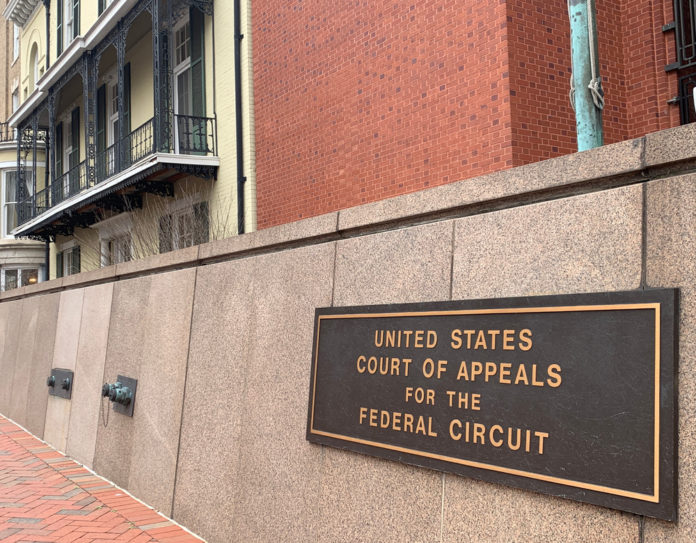COFC decision, finding that the government constructively terminated a contract for convenience, is vacated. The contractor sued the government for breach, but the COFC found that the contract contained a termination clause, and that clause provided the basis for a constructive termination for convenience. The Federal Circuit, however, held that the termination clause in the contract only applied to commercial items. The contract in this case was a services contract. The termination clause in the contract thus had no effect, and the COFC erred in applying it.
Background
JKB Solution and Services, LLC had an IDIQ contract with the Army to provide instructor services. The Army issued three task orders during the term of the contract. For each order, the Army only paid JKB for the classes the company taught and not for the total price listed in the order.
JKB filed suit in the Court of Federal Claims, alleging the Army breached. The COFC sided with the government. The COFC found the contract incorporated FAR 52.212-4(l), the termination for convenience clause for commercial item contracts. Although JKB’s contract was a contract for services, the COFC reasoned that the commercial items clause still gave the government the right to terminate. The court then invoked the doctrine of constructive termination for convenience, finding that the Army’s termination was justified when it was clear the agency needed fewer classes than anticipated. JKB appealed .
Holding
- COFC Misapplied the Termination Clause for Commercial Items Contracts to a Services Contract — An agency may only terminate a contract for convenience if the contract has an applicable termination for convenience clause. While the contract in this case had a termination clause, that clause, by its own terms, applied only to commercial item contracts. Indeed services contracts have their own FAR clause.
- JKB Did Not Acquiesce to the Commercial Items Clause — The government argued that the commercial item clause was nonetheless binding because JKB had agreed to it by entering the contract. The court reasoned that this conflated two concepts: (1) acceptance of contract terms, with (2) whether the contract contained the correct termination clause. The case only concerned the latter concept. The government incorporated the wrong clause into the contract. JKB acceptance was irrelevant; the company could not accept a clause that had no legal effect.
JKB is represented by William A. Lascara of Pender & Coward, PC. The government is represented by Amanda Tantum, Brian M. Boynton, Steven John Gillingham, and Martin F. Hockey, Jr. of the Department of Justice.





